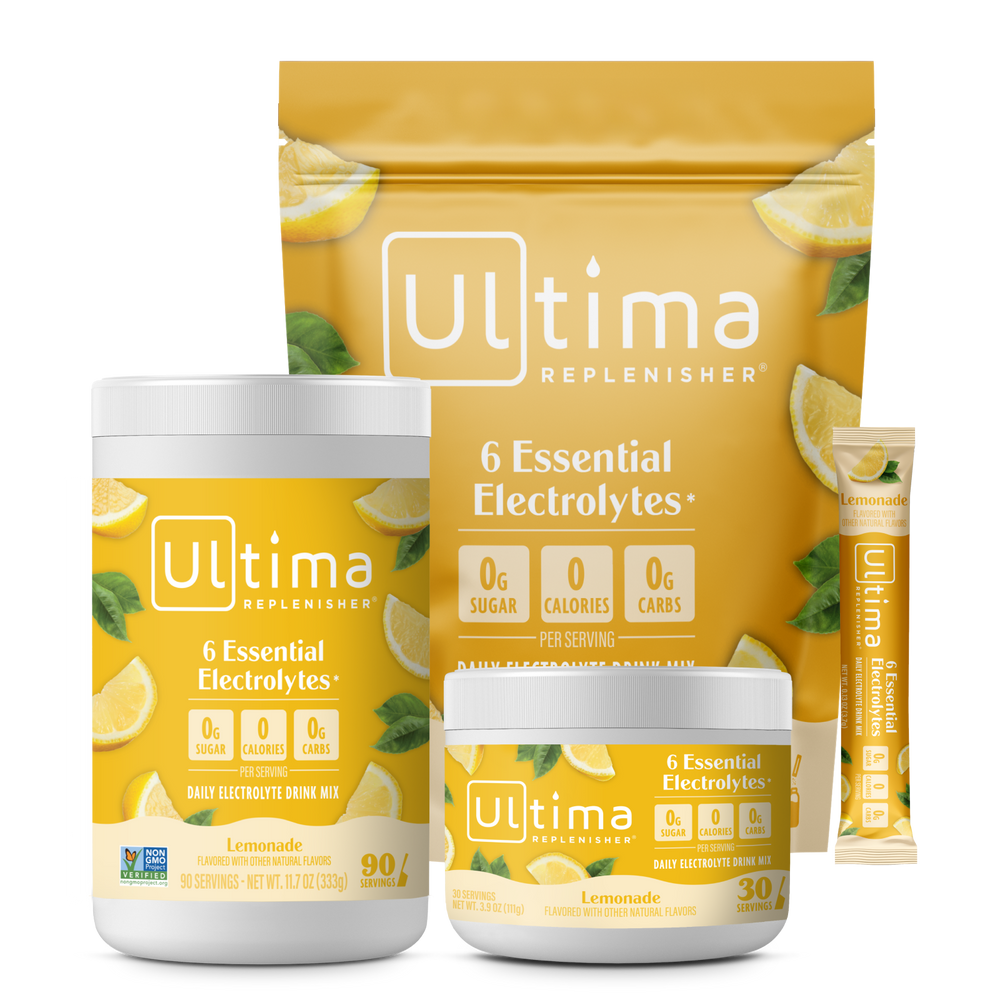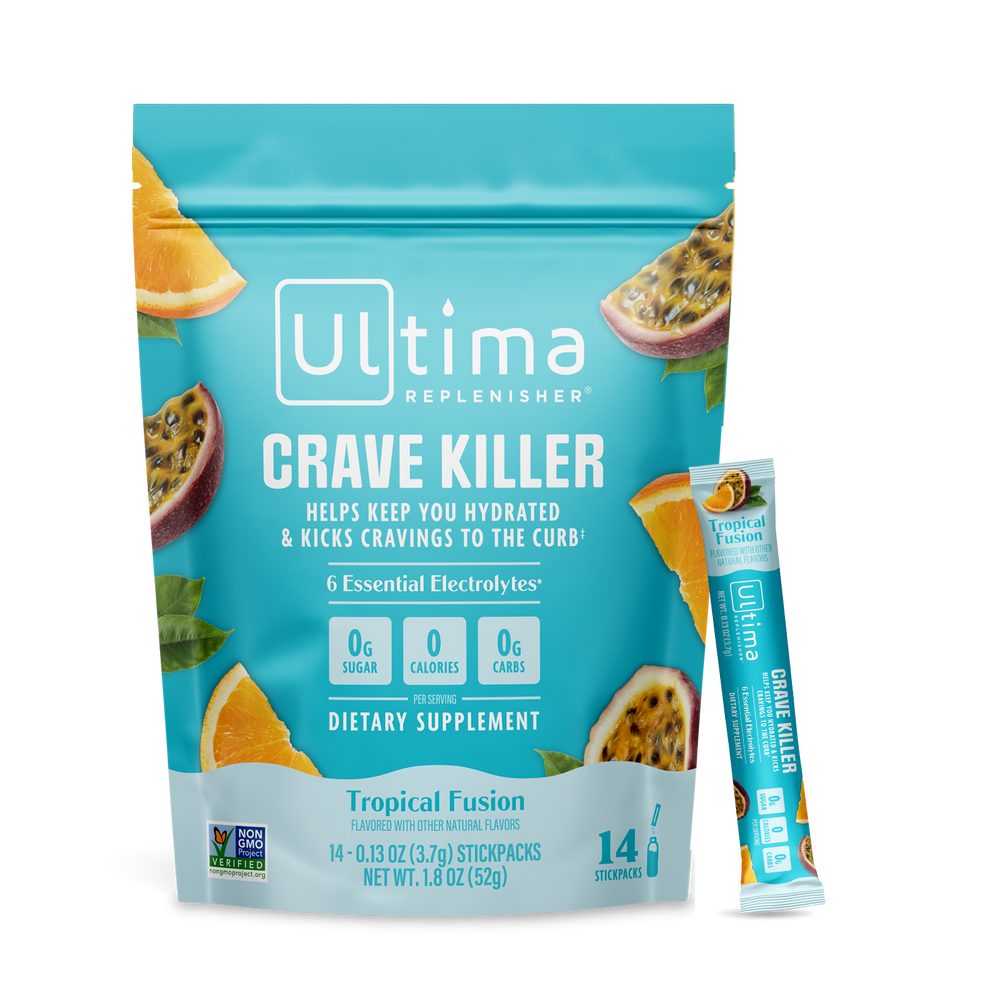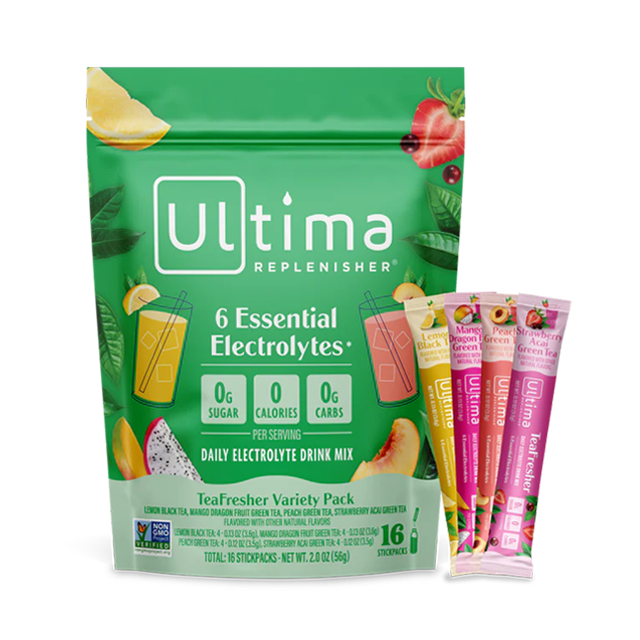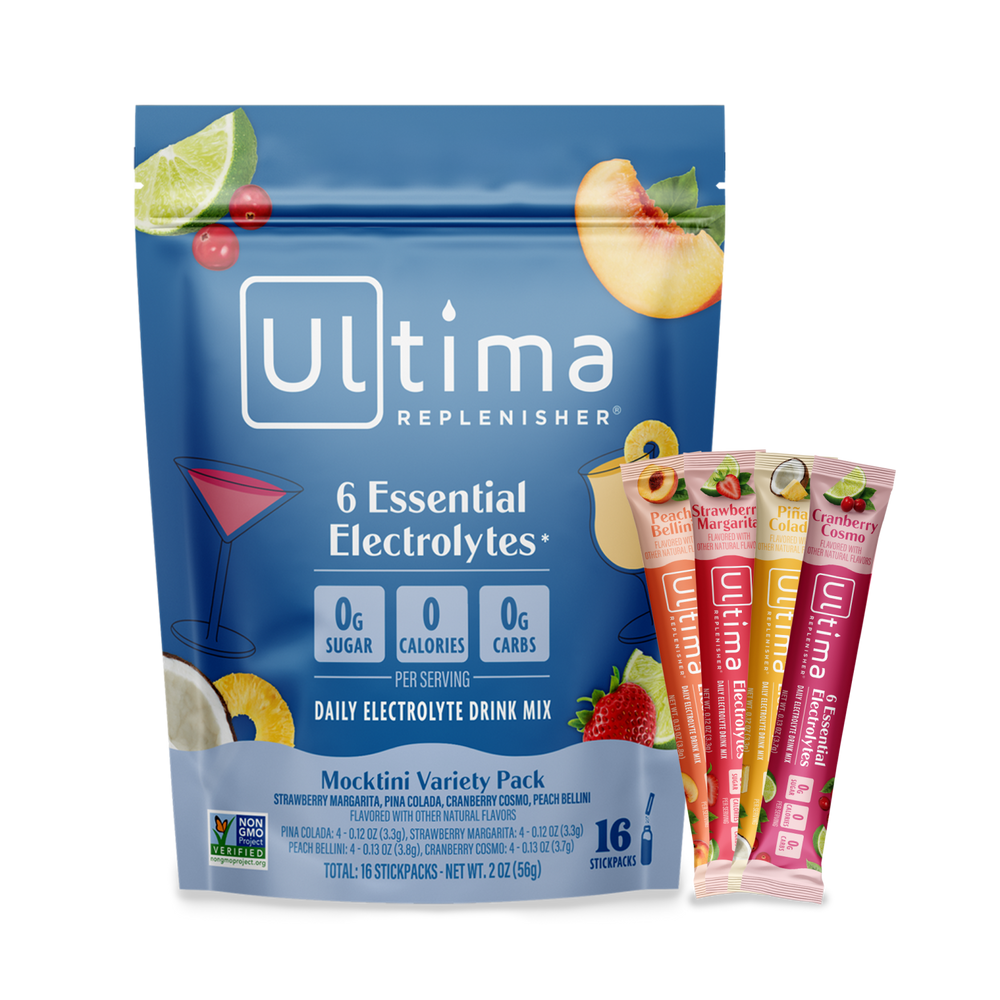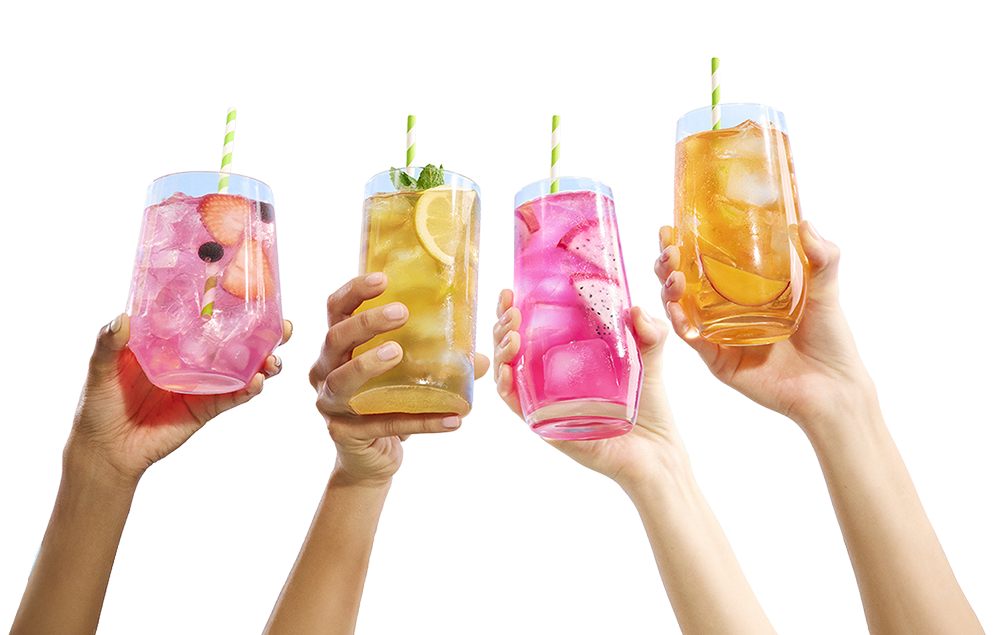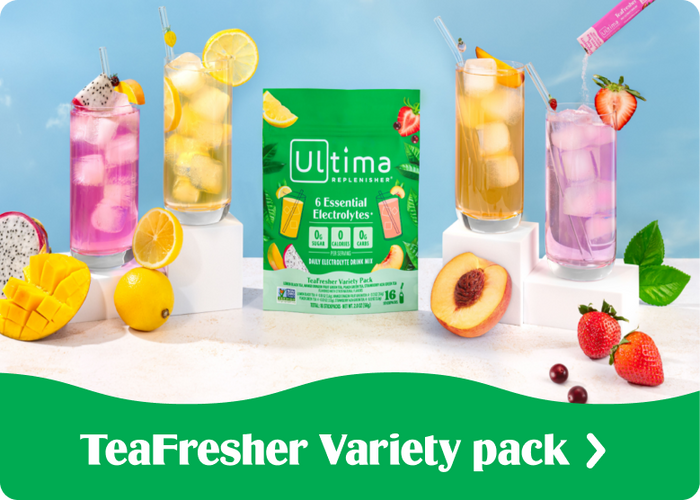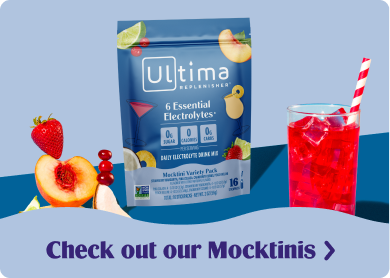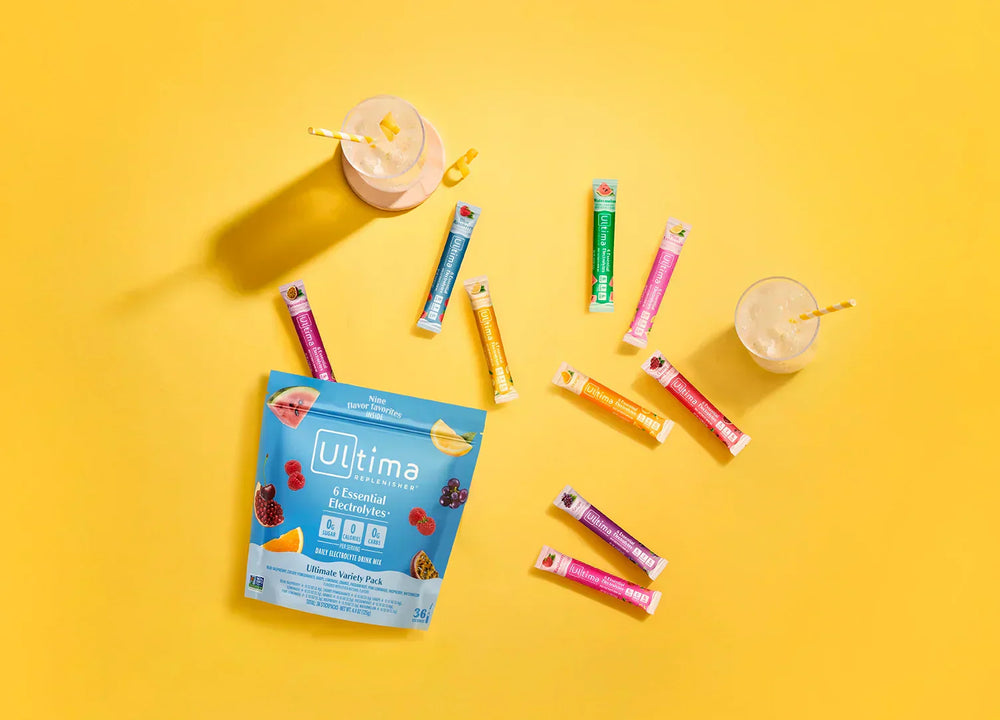
Is Sugar Part of Your Electrolyte Needs?
Is sugar an electrolyte? What you really need to know about sugar and electrolytes
Is sugar an electrolyte? It’s a common question, and the answer is no. Sugar is a carbohydrate, not a mineral, so it doesn’t act like electrolytes do. Still, sugar can influence how your body absorbs electrolytes and fluids, which is why the two are often discussed together.
If you’re looking for an electrolyte supplement, you’ll find plenty of options, some with sugar, and some without. Sugar can play a role in how your body absorbs electrolytes, which is why it’s often found in electrolyte supplements.
Understanding when sugar helps and when it hurts can make choosing the right product a whole lot easier.
What are electrolytes and why do you need them?
Electrolytes might sound like something out of a chemistry lab, but they’re really just minerals your body uses every day. When electrolytes mix with the water in your body, they turn into tiny charged particles called ions. Those charges keep your heart pumping, move muscles and send signals through your nerves.
The six essential electrolytes are:
-
Calcium supports bone strength, but also supports nerve signaling, muscle contraction and blood flow.
-
Chloride regulates fluid movement in and out of cells, facilitates the transport of oxygen and nutrients, and supports the health of joints and connective tissue.
-
Magnesium is a multitasker that helps muscles relax, prevents cramps, turns food into usable energy, and supports nerve function.
-
Phosphorus supports oxygen delivery to muscles, repairs tissues, and helps nerves communicate efficiently.
-
Potassium keeps your heart beating, muscles contracting, and nerves firing.
-
Sodium controls fluid balance, powers muscle movement, regulates blood pressure, and clears out carbon dioxide.
Read more about electrolytes: Everything You Need To Know About Electrolytes And Their Benefits
Why Sugar Doesn’t Count as an Electrolyte
In short, no, sugar is not an electrolyte.
Sugar is a carbohydrate, not a mineral. Electrolytes like sodium or potassium split into charged ions when they dissolve in water, which allows them to carry electrical signals throughout your body.
Sugar doesn’t split—it remains a whole molecule. That means it can provide energy in the form of calories, but it can’t conduct electricity or directly power muscle and nerve function the way electrolytes do.
Why do some people assume sugar is an electrolyte? Probably because it often shows up alongside electrolytes in sports drinks. Sugar can influence how electrolytes and water are absorbed (more on that next), but it’s not one itself.
How does sugar affect electrolyte absorption?
If sugar isn’t an electrolyte, why do so many sports drinks mix the two? The answer has less to do with sugar itself and more to do with how your body absorbs electrolytes and water.
The science behind electrolyte absorption
Glucose (a simple sugar) indirectly helps your body absorb electrolytes and fluids more efficiently. This is often where the confusion comes in around the question “is sugar an electrolyte”—it plays a role in absorption, but not as an electrolyte itself.
Your small intestine has specialized proteins called sodium–glucose transporters. Their job is to move nutrients from your gut into your bloodstream. When glucose is present, these transporters switch on and actively pull sodium (and by extension, water) in at the same time.
In other words, glucose is the key that unlocks the door to your bloodstream so sodium can pass through it.
Does sugar help your body absorb more water and electrolytes?
When sodium passes through the intestinal wall, it draws water along with it. Pairing glucose and sodium activates this process, making fluid absorption faster and more efficient. It’s the same principle behind medical-grade oral rehydration solutions that are used to treat dehydration from illness, and why endurance athletes sometimes rely on sugar–electrolyte drinks during long events.
This mechanism can be a real advantage in situations where every drop of hydration counts, like running in extreme heat, competing at high altitudes, or if you’re recovering from a stomach bug.
However, for day-to-day hydration, you don’t need sugar to help electrolytes do their job. A well-balanced blend of sodium, potassium, magnesium, and other key minerals will support your body properly on its own.
Do you need sugar in electrolyte drinks for daily hydration?
For most people? Not at all.
Unless you’re pushing through a marathon or working in extreme conditions, your body can absorb electrolytes just fine without any help from sugar. Drinking a balanced electrolyte mix without added sugar gives you all the minerals you need for fluid balance, energy production, and muscle function without the extra calories.
So for daily hydration, the short answer to is sugar an electrolyte is still no, you’ll get what you need from minerals, not carbs.
Blood sugar impact: spikes, crashes, and energy dips
The problem with sugar is that while it gives you a quick burst of energy, it also spikes your blood glucose. That spike is usually followed by a crash, which can leave you feeling sluggish and drained. Over time, regularly consuming high-sugar drinks can also contribute to weight gain and metabolic stress.
In other words, sugar doesn’t support your hydration as much as it harms your body.
How to get sugar-free electrolytes on keto or low-carb diets
If you follow a keto or low-carb lifestyle, consuming electrolytes without sugar becomes even more important. Low-carb diets can flush electrolytes more quickly, which is one reason people experience the so-called “keto flu.”
Replenishing with a sugar-free electrolyte mix can help you stay hydrated, avoid fatigue, and feel good without breaking your diet.
Why and when do athletes need sugar with electrolytes?
While most people don’t need a dose of sugar with their electrolytes, here are certain situations where the sugar–electrolyte combo might be helpful, especially if you’re an endurance athlete.
Activity that lasts over ninety minutes
During the first hour or so of physical activity, your body can rely on stored glycogen for energy, but once exercise stretches beyond 90 minutes, your glycogen reserves begin to dwindle.
Consuming sugar not only helps sodium and water absorption, but also refuels working muscles with quick, accessible energy. This keeps performance steady instead of fading into fatigue.
High altitude or extreme heat
To train or compete at high altitudes, your body uses more oxygen and energy. In extreme heat, it loses a high volume of fluid much faster through sweat. In these conditions, the sodium–glucose transport mechanism becomes especially valuable because it helps every ounce of water get absorbed more efficiently. Therefore, electrolyte drinks may be your best bet when rehydrating.
Gastrointestinal distress
Long races and endurance events can cause a flurry of stomach problems, including nausea, cramps, or the inability to tolerate solid foods.
Even in a stressed gut, glucose helps keep sodium absorption active, which means hydration doesn’t completely stall out. For athletes struggling with gastrointestinal symptoms, this pairing can provide a gentler way to stay hydrated and keep electrolytes balanced.
The downsides of too much sugar in sports drinks
Sugar can be useful for endurance athletes, but not for the average person. Overloading on sugary drinks can cause more health and wellness issues than you might think.
Blood sugar spikes and crashes
Sugar delivers quick hits of energy, but also causes crashes.. After your blood sugar spikes, it often plummets just as quickly, leaving you feeling sluggish, shaky, or even hungry, even if you’ve just eaten.
Slower absorption and dehydration risks
When a drink has too much sugar, it becomes “hypertonic,” meaning it has a higher concentration of sugar and salt particles than your blood. Instead of pulling water into your bloodstream, it can draw water into your gut instead, which can cause serious bloating and contribute to dehydration.
Dental and gastrointestinal issues
Sugary drinks don’t just take a toll on your hydration; they can be tough on your teeth and stomach, too. Sticky sugars feed cavity-causing bacteria, and concentrated sugar solutions can cause nausea, cramping, or diarrhea during workouts.
How to hydrate without sugar: proven strategies and ingredients
You don’t need sugar to stay hydrated and energized. A sugar-free electrolyte drink can deliver everything your body needs without the crashes, calories, or health risks that come with high-sugar options.
Why a full-spectrum electrolyte blend works best
Feel-good hydration lies in proper electrolyte balance. Each electrolyte has its own role, but they work best as a team. Look for formulas that deliver all 6 essential electrolytes. With sodium, potassium, magnesium, calcium, chloride, and phosphorus working in harmony, you get steady hydration, proper muscle support, and better recovery from start to finish.
What sweeteners to look for in sugar-free electrolyte drinks
Sugar-free doesn’t mean flavor-free. Look for electrolyte mixes that use natural sweeteners like stevia or monk fruit, along with real, plant-based flavors. That way you still get a delicious flavors without spiking your blood sugar.
How to read an electrolyte drink label
Standing in the drink aisle looking for the perfect electrolyte drinks can feel overwhelming. The trick is knowing which details matter most for your hydration goals.
Look for a balanced sodium to carbohydrate ratio
Check the balance of sodium and carbs in each serving. For everyday hydration, look for little to no sugar paired with electrolytes to keep your body balanced.
Which additives and sweeteners should you avoid?
Not all flavoring ingredients are created equal. When checking labels, keep an eye out for artificial dyes, synthetic sweeteners, and preservatives that don’t contribute to hydration and may cause unwanted side effects for some people.
Instead, look for products that use natural flavor sources and plant-based sweeteners like stevia or monk fruit. These provide taste without spiking blood sugar or adding unnecessary ingredients.
How to spot clean, transparent electrolyte formulas
A trustworthy electrolyte mix should be upfront about what’s inside. Look for products with clear ingredient lists and third-party testing or certifications to back up their quality claims. Brands that are transparent about sourcing and testing are more likely to deliver exactly what the label promises.
Why Ultima uses zero sugar with full-spectrum electrolytes
Hydration works best when it supports your body’s natural balance instead of overloading it with unnecessary sugar or empty calories.
Ultima is made with all 6 essential electrolytes and 0 sugar, calories, or carbs. Sweetened with organic stevia and flavored with delicious plant-based ingredients and colors, it gives your body exactly what it needs to stay hydrated without the junk.
Support your daily hydration and sip on a rainbow of feel-good flavors by shopping Ultima today!
FAQs about sugar and electrolytes
Can fruit sugar work like glucose for electrolyte absorption?
Not exactly. The main sugar in fruit is fructose, and it doesn’t activate the same sodium–glucose transporters that glucose does. That means it won’t boost sodium and water uptake in the same way.
Still, whole fruits are naturally hydrating because they contain water, electrolytes, fiber, and micronutrients, so they can support overall hydration, just not through the same mechanism as glucose.
Are sugar-free electrolytes effective for rehydration after illness?
Sugar-free electrolyte mixes are great for restoring hydration in everyday situations.
For more serious dehydration, such as from severe diarrhea or illness, medical-grade oral rehydration solutions may be better, as they are usually formulated with glucose to speed sodium and water absorption.
Do sugar alcohols work like sugar for electrolyte absorption?
No. Sugar alcohols like erythritol or xylitol don’t activate glucose transporters, so they don’t improve sodium absorption, but they also don’t interfere with electrolyte absorption.
Their main role is to add sweetness without sugar, though in high amounts, they can cause digestive upset for some people.
